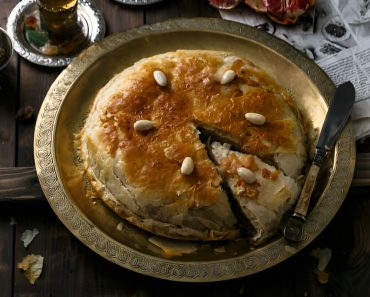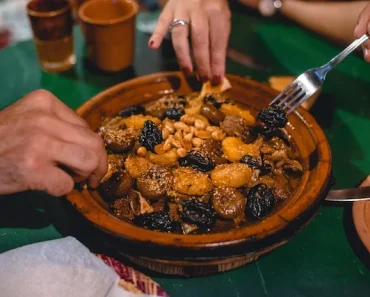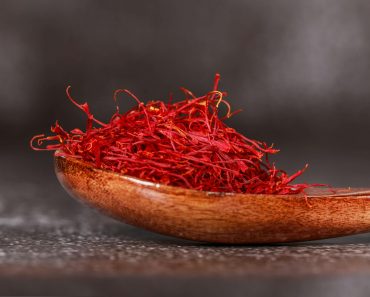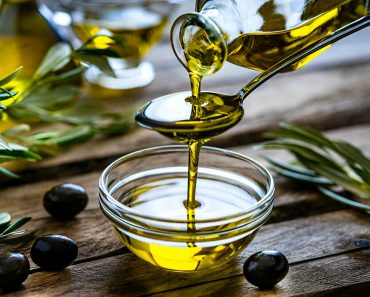Discovering the Richness of Moroccan Cheese (Jeben) : Types, Benefits, and Global Recognition
Introduction:
Morocco, known for its vibrant culture, diverse landscapes, and flavorful cuisine, holds a hidden gem in its culinary treasury: cheese. Moroccan cheese is a delightful fusion of tradition, taste, and health benefits that have garnered global recognition. In this comprehensive guide, we delve into the features, benefits, types, production centers, and health advantages of Moroccan cheese, along with its esteemed position in the global cheese market.
Features and Benefits: Moroccan cheese stands out for its unique features and numerous benefits. It is crafted with premium quality milk sourced from local farms, ensuring freshness and authenticity in every bite. The cheese boasts a rich and creamy texture, complemented by a distinct flavor profile that varies based on the type and aging process.
One of the key benefits of Moroccan cheese lies in its nutritional value. It is a rich source of protein, calcium, and essential vitamins, making it an excellent addition to a balanced diet. The calcium content supports bone health, while the protein aids in muscle development and repair. Additionally, the vitamins contribute to overall well-being, promoting a healthy immune system and radiant skin.
Types of Moroccan Cheese: Moroccan cheese encompasses a diverse range of varieties, each offering a unique taste experience. Some of the most popular types include:
- Boulemane Cheese: This semi-soft cheese hails from the Boulemane region and is characterized by its creamy texture and mild flavor, making it ideal for both cooking and snacking.
- Jben:A staple in Moroccan cuisine, Jben is a fresh white cheese typically made from goat or sheep milk. It has a tangy taste and crumbly consistency, perfect for pairing with bread or incorporating into savory dishes.
- Iben:Known for its strong aroma and pungent flavor, Iben cheese undergoes a unique fermentation process that gives it a distinctive taste profile. It is often enjoyed with olives and bread as part of a traditional Moroccan breakfast.
- Berkoukès:This aged cheese is characterized by its firm texture and sharp flavor. It is commonly grated or sliced and used as a topping or ingredient in various Moroccan dishes.
Moroccan Cities Known for Cheese Production: Several cities in Morocco are renowned for their cheese production, showcasing the country’s rich dairy heritage. Among these cities, the following stand out as prominent hubs for high-quality Moroccan cheese:
- Fes: Fes is celebrated for its production of Boulemane cheese, favored for its creamy texture and versatile culinary applications.
- Meknes: Known as the “City of Olives and Cheese,” Meknes produces a wide range of cheeses, including Jben and Iben, which are integral to local cuisine.
- Taza: Taza is famous for its Berkoukès cheese, appreciated for its sharp flavor and ability to enhance the taste of traditional Moroccan dishes.
Making Moroccan Local Cheese: The art of making Moroccan local cheese involves a meticulous process that highlights the skill and expertise of local cheese artisans. Here is a simplified overview of the steps involved:
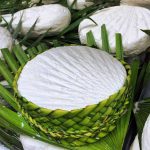
Moroccan cheese
- Milk Collection: Fresh milk from goats or sheep is collected from local farms, ensuring the highest quality and freshness.
- Coagulation: The milk is heated and curdled using natural enzymes or traditional methods, leading to the formation of curds and whey.
- Draining and Pressing: The curds are separated, drained, and pressed to remove excess moisture, resulting in the desired texture and consistency of the cheese.
- Aging: Depending on the type of cheese, it may undergo an aging process to develop its characteristic flavor profile and enhance its quality.
Health Benefits of Moroccan Cheese: In addition to its delectable taste, Moroccan cheese offers several health benefits that contribute to overall well-being. Some of these benefits include:
- Calcium Enrichment: Moroccan cheese is a valuable source of calcium, essential for maintaining strong bones and teeth.
- Protein Boost: The protein content in Moroccan cheese supports muscle growth, repair, and overall body function.
- Vitamin Infusion: With a range of vitamins, including vitamin A, B-complex vitamins, and vitamin D, Moroccan cheese contributes to immune health, energy production, and skin vitality.
Global Ranking in Quality: Moroccan cheese has earned recognition on the global stage for its exceptional quality, distinct flavors, and traditional craftsmanship. It has garnered praise from cheese connoisseurs and culinary experts worldwide, solidifying its position as a sought-after delicacy in the international cheese market.
The nutritional value of Moroccan cheese varies depending on the type and ingredients used in its production. However, in general, Moroccan cheese offers several essential nutrients that contribute to a balanced diet. Here are some key components of the nutritional value of Moroccan cheese:
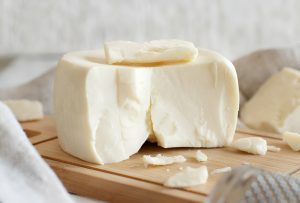
maroccan cheese
- Protein: Cheese, including Moroccan varieties like Jben and Boulemane, is a rich source of high-quality protein. Protein is essential for building and repairing tissues, supporting muscle growth, and maintaining overall body function.
- Calcium: Moroccan cheese is also a significant source of calcium, a mineral vital for strong bones and teeth. Adequate calcium intake is crucial for bone health and can help prevent conditions like osteoporosis.
- Vitamins: Depending on the type of cheese and milk used, Moroccan cheese can contain various vitamins such as vitamin A, B-complex vitamins (including B12), and vitamin D. These vitamins play essential roles in immune function, energy production, and overall well-being.
- Minerals: In addition to calcium, Moroccan cheese may provide other essential minerals like phosphorus, zinc, and magnesium, which are necessary for various bodily functions such as metabolism, cell signaling, and nerve function.
- Fats: Cheese naturally contains fats, including saturated fats and, in some cases, unsaturated fats. While moderation is key, certain types of fats are beneficial for heart health and provide energy for the body.
- Calories: The calorie content of Moroccan cheese varies depending on factors like moisture content and aging. Generally, cheese is calorie-dense, making it a filling and satisfying food option.
It’s important to note that while Moroccan cheese offers valuable nutrients, it should be consumed in moderation as part of a balanced diet. Pairing cheese with whole grains, fruits, vegetables, and lean proteins can enhance its nutritional benefits and contribute to overall dietary diversity and health.
Conclusion:
Moroccan cheese embodies a rich tapestry of flavors, heritage, and health benefits that make it a standout in the culinary world. From its diverse types and production centers to its nutritional value and global acclaim, Moroccan cheese continues to captivate palates and elevate dining experiences. Whether enjoyed on its own, paired with local delicacies, or incorporated into gourmet recipes, Moroccan cheese remains a testament to the country’s culinary prowess and gastronomic excellence.

